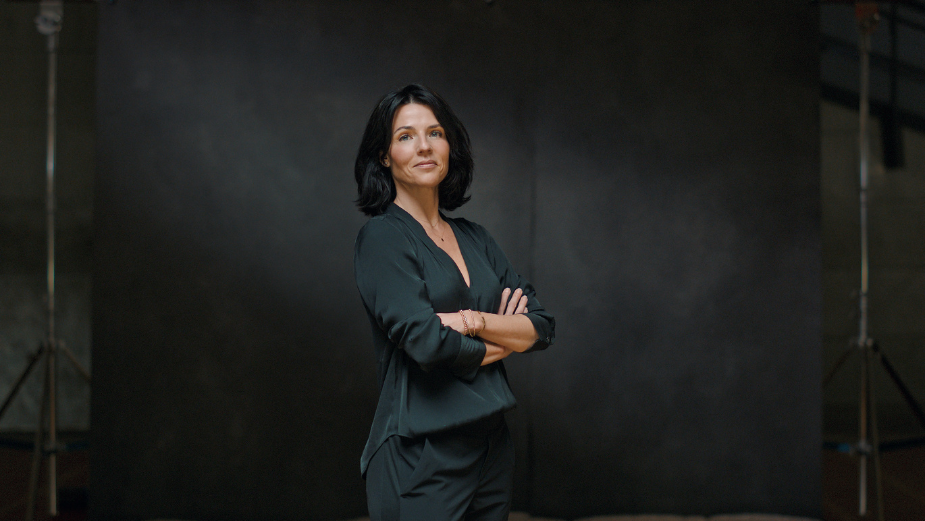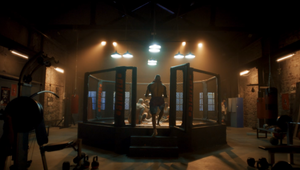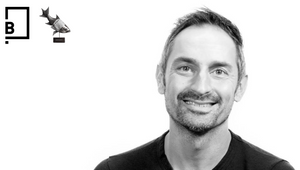
The Art of Account Management: Why You’ve Got Nothing to Lose and Everything to Gain with Courtney Nelson

Courtney is the managing director of Chiat\Day LA. She oversees brand and business management, operations and production as Chiat continues to be in growth mode. Courtney came to TBWA\Chiat\Day LA in 2021 after having spent over a decade at Wieden+Kennedy, rising through the ranks to global group brand director, creating impactful campaigns for brands including Nike, Levi’s, Instagram, P&G, and TurboTax, among others. The move marks a return to Chiat, as she previously worked at TBWA\Chiat\Day from 2005 to 2008. Throughout her 22-year career she has spent time at other leading creative agencies, including Goodby Silverstein & Partners and Deutsch.
LBB> How did you first get involved in account management and what appealed to you about it?
Courtney> My first role in account management was an account coordinator at Goodby, Silberstein and Partners in San Francisco. I was an advertising major in college, and I knew that’s what I wanted to pursue, so I took my resume door to door right after I graduated. Luckily, someone decided to take a chance on me (that or they grew tired of hearing from me and knew it was the only way to get me to stop).
LBB> What is it about your personality, skills and experience that has made account management such a great fit?
Courtney> I’m a left and a right brain thinker. I love creativity and big ideas – they light me up and I believe they play a key role in solving our biggest problems and making life better. But I am also very type A, so whenever I am faced with a problem my natural instinct is to solve it while also creating order and simplicity. I was also a psychology major, so I’ve also been fascinated by people and their motivations, which has served me well when developing relationships rooted in empathy both internally and externally.
LBB> What piece of advice would you give to someone just starting their career in account management?
Courtney> Be optimistic and stay curious. In my opinion, the best account people lead through optimism. We are in a tough business that oftentimes has us taking one step forward and two steps back. Teams need account leaders who don’t lose sight of the bigger picture and who are always willing to jump in and help. Equally as important, stay curious. Our business is changing a million miles a minute, so you have to embrace the idea of constantly being a student or you risk being left behind. So, seek information, ask questions and be open to learning new skills. You’ve got nothing to lose and everything to gain.
LBB> Thinking back to some of your most challenging experiences you’ve had in your career, what do you think tends to lie at the heart of the more tense or difficult client-agency relationships?
Courtney> This probably won’t come as a surprise, but lack of trust and/or respect – both are at the core of any relationship. At the end of the day, “clients” and “agency folks” are just people. We all want to feel understood and respected, and it goes both ways. The more the relationship feels like a partnership rooted in empathy and mutual respect, the stronger the relationship will be. So, if I could offer any advice here it would be to take your time to develop a personal relationship with your clients – ask them about their family, ask them about what keeps them up at night, have that after work drink with no agenda attached.
LBB> What’s your view on disagreement and emotion - is there a place for it and if not, why not? If so, why - and what does productive disagreement look like?
Courtney> I believe disagreement is critical to pushing great thinking and great creative work. In fact, as the agency partner who sits outside of any particular organisation, I believe our job in many ways is to maintain objectivity so that we can respectfully challenge the way things have been done and help identify new solutions. If the relationship is rooted in mutual trust and understanding (as well as a shared ambition) then disagreements can easily be handled in a way that feels productive.
LBB> Historically, account management has been characterised as the mediator in an adversarial client and creative relationship - what do you make of that characterisation, is there any nugget of truth in that or is it wildly inaccurate?
Courtney> I’ve actually never heard it articulated in that way, but I am sure that perspective exists. I do think being a mediator is a small part of the job (and I’m particularly thankful for my psych degree when it is), but my perspective on the role of account management is far broader and optimistic. Whenever I define the role of account management at Chiat\Day LA, I always articulate it as “creating the conditions to do great creative work.” In other words, our account leaders are ultimately responsible for helping to shape, sell, defend and make great ideas.
LBB> These days, agencies do so much beyond traditional campaigns and as account management you’re pulling together creative, experience, data, e-commerce, social and more - and that complexity can often be mirrored on the client stakeholder side too? What’s the key to navigating (and helping the client navigate) that complexity?
Courtney> It’s not easy, I’ll tell you that. Today’s landscape is more complex than ever before and that requires more systems, processes and people to manage all the moving parts. With diminishing budgets and limited hands, the key is organisation. We’re finding that clients are placing far more value on processes than they have in the past, so we work hard to deliver great creativity without sacrificing structure and process (two things that can often seem at odds).















